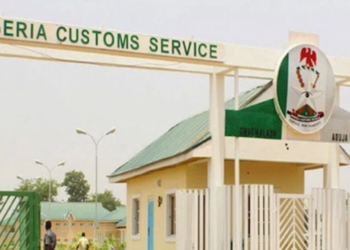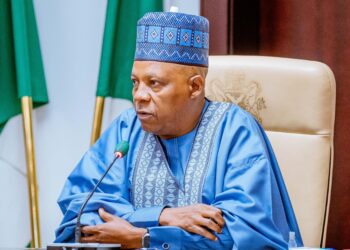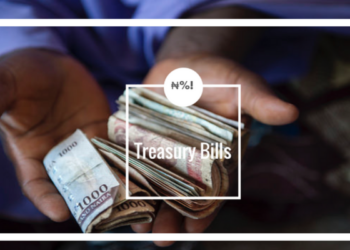Governor Godwin Emefiele of the Central Bank of Nigeria (CBN), will next week, unveil the apex bank’s monetary policy direction for the year 2019. Emefiele will unfold this during the first Monetary Policy Committee (MPC) meeting scheduled for January 21 to 22, 2019.
It would be recalled that the MPC had left the Monetary Policy Rate (MPR) at 14% and all other variables unchanged. Liquidity ratio was left at 30%, Cash Reserve Ratio at 22.5%, and the asymmetric corridor unchanged at +200/-500 basis points.
The MPR was left at 14% for 18th time running.
What you should know about Monetary policy
Monetary policy consists of the process of drafting, announcing and implementing the plan of actions taken by the CBN that determines the scope and impact of the key drivers of the Nigerian economy.
Monetary policy involves the management of the money supply and interest rate and is the demand side economic policy used by the government to achieve macroeconomic objectives like inflation, consumption, growth and liquidity.
Activities which are integral to monetary policy consists of management of money supply and interest rates which are aimed at achieving macroeconomic objectives like controlling inflation, consumption, growth and liquidity. These are achieved by actions such as modifying the interest rate, buying or selling government bonds, regulating foreign exchange rates, and changing the amount of money banks are required to maintain as reserves.
Monetary policy impacts
Economists, analysts, investors and financial experts across the globe eagerly await the monetary policy reports and outcome of the meetings involving monetary policy decision-making. Such developments have a long-lasting impact on the overall economy, as well as on specific industry sector or market.






















